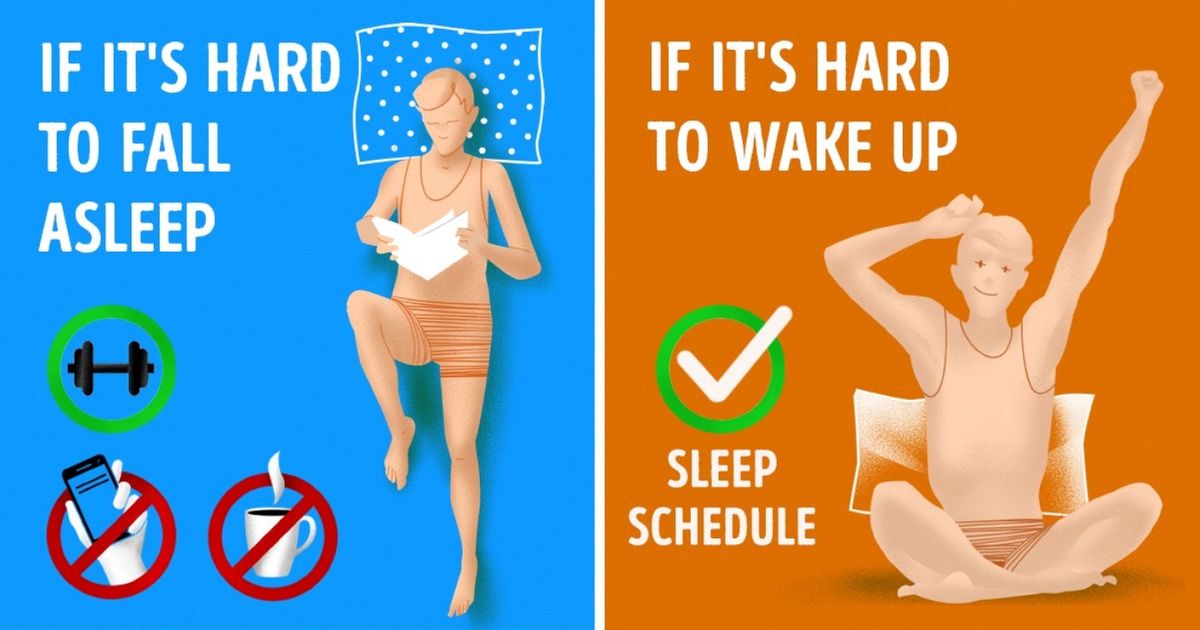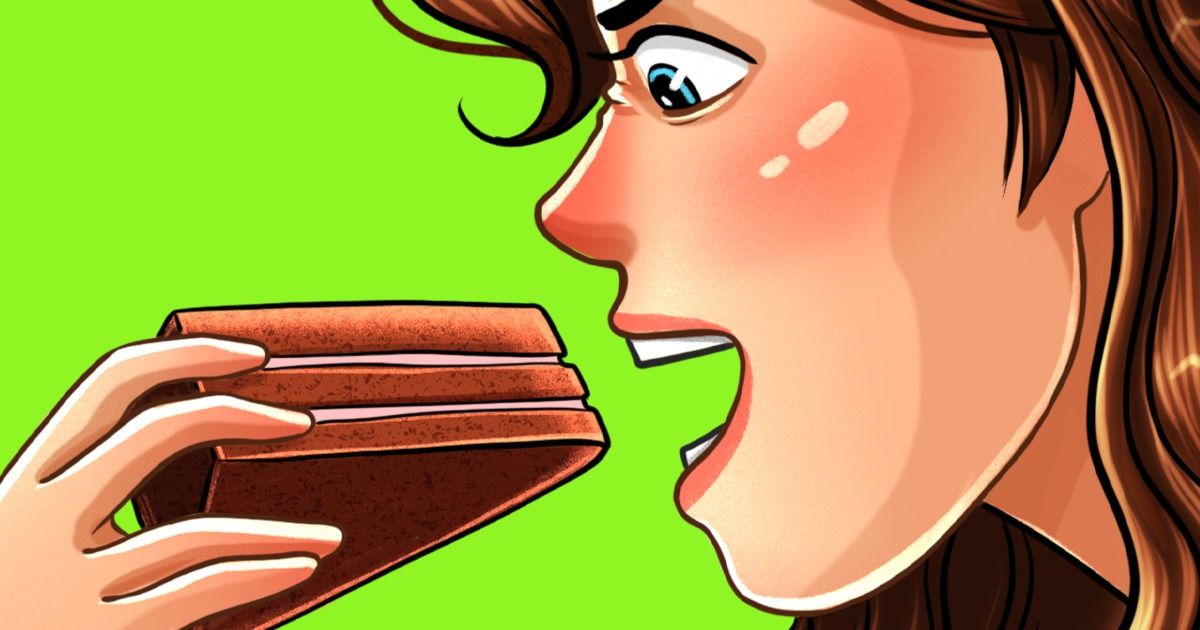The debate over whether to brush your teeth before or after breakfast has divided households and sparked endless online arguments. While some swear by a pre-breakfast scrub, others insist that post-meal brushing is non-negotiable. But what do dental experts say? Let’s dive into the science, benefits, and drawbacks of each approach—and how your choice could impact your oral health.
The Best Time to Brush Your Teeth According to Dental Experts
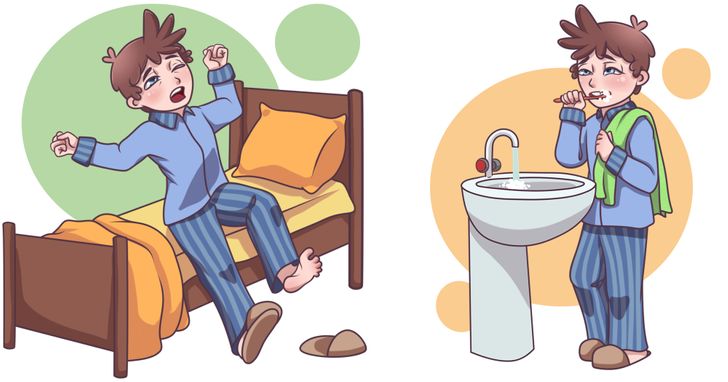
According to the American Dental Association (ADA), brushing twice daily for two minutes is the gold standard for oral hygiene. However, the timing of your morning brush matters more than you might think. Most dentists recommend brushing your teeth before breakfast—and here’s why:
Your mouth accumulates bacteria overnight, leading to plaque buildup and morning breath. Brushing first thing in the morning removes this bacteria and coats your teeth with fluoride, which strengthens enamel and protects against acids in your food. For example, orange juice and coffee—common breakfast staples—are highly acidic and can soften enamel. Brushing after consuming them may actually damage your teeth.
A 2018 study published in the Journal of Dentistry found that brushing 30 minutes after eating acidic foods increases enamel erosion. Instead, experts suggest waiting at least 30–60 minutes post-meal to brush if you choose to do so after breakfast.
Pros of Brushing Your Teeth Before Breakfast
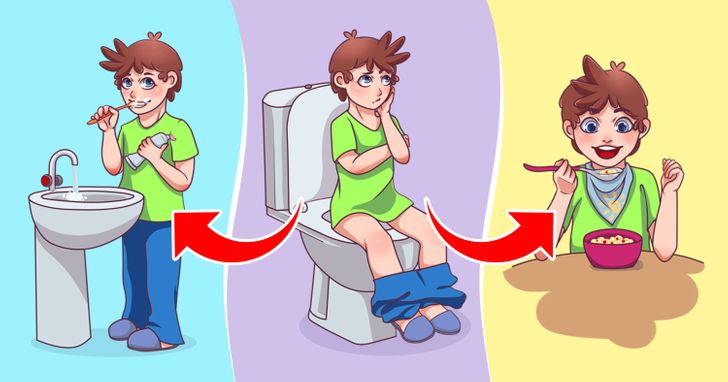
1. Protects Enamel from Acidic Foods
Breakfast often includes acidic items like citrus fruits, yogurt, or coffee. Brushing beforehand creates a protective fluoride barrier, reducing the risk of acid weakening your enamel. Fluoride toothpaste also helps remineralize teeth, combating early decay.
2. Reduces Morning Breath
Overnight, bacteria in your mouth feed on food particles, producing sulfur compounds that cause bad breath. Brushing first thing removes these bacteria, leaving your breath fresher for the day.
3. Kickstarts Saliva Production
Brushing stimulates saliva flow, which neutralizes acids and aids digestion. Saliva also contains minerals that repair early tooth damage.
4. Establishes a Consistent Routine
For many, brushing immediately after waking ensures they don’t forget later. Consistency is key for long-term oral health.
Cons Of Brushing Your Teeth After Breakfast
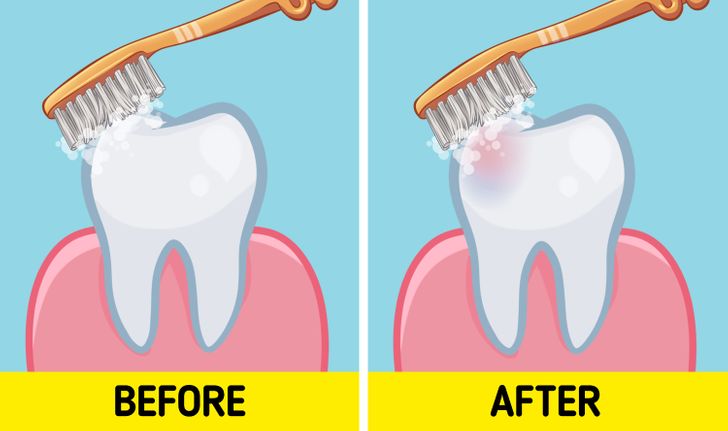
1. Risk of Enamel Damage
Brushing immediately after eating acidic foods can wear down softened enamel. For example, a 2020 study in the International Journal of Dental Hygiene found that brushing within 10 minutes of drinking orange juice led to measurable enamel loss.
2. Less Fluoride Protection During Meals
When you brush post-breakfast, your teeth lack the fluoride shield that could defend against acids and sugars.
3. Inconvenience for On-the-Go Lifestyles
Waiting 30–60 minutes after eating isn’t always practical, especially for busy professionals or parents.
Tips for those who still prefer to brush after breakfast
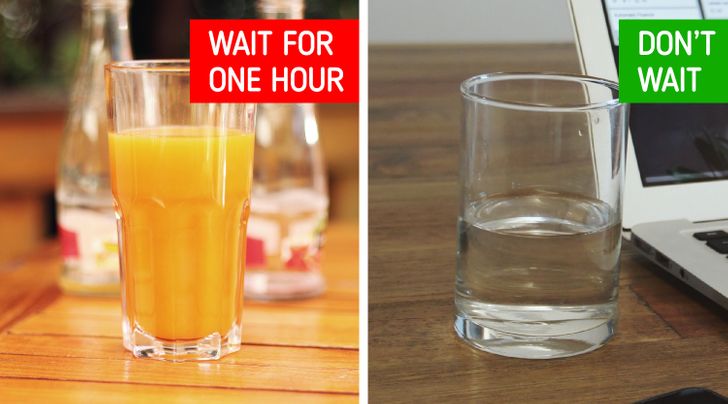
Tips for Those Who Still Prefer to Brush After Breakfast
If brushing after breakfast works better for your routine, follow these expert-backed tips to minimize risks:
1. Wait at Least 30 Minutes After Eating
Allow saliva to neutralize acids and enamel to reharden. Rinse your mouth with water immediately after eating to wash away food particles.
2. Choose a Soft-Bristled Toothbrush
Hard bristles can exacerbate enamel erosion. Opt for a soft-bristled brush and gentle, circular motions.
3. Use Fluoride Toothpaste
Fluoride strengthens enamel and combats decay. Look for products with the ADA Seal of Acceptance.
4. Avoid Sugary or Acidic Breakfasts
Minimize enamel exposure by choosing low-sugar, non-acidic foods like oatmeal, eggs, or avocado toast.
5. Chew Sugar-Free Gum
If you can’t brush right away, chewing sugar-free gum stimulates saliva flow, which naturally cleanses the mouth.
Final Verdict: Before vs. After Breakfast
Most dental professionals agree: brushing before breakfast is ideal for protecting enamel and maximizing fluoride benefits. However, if you prefer brushing post-meal, waiting 30–60 minutes and following the tips above can mitigate risks.
Your oral health routine should also include daily flossing, tongue scraping, and regular dental checkups. For personalized advice, consult your dentist or hygienist.
